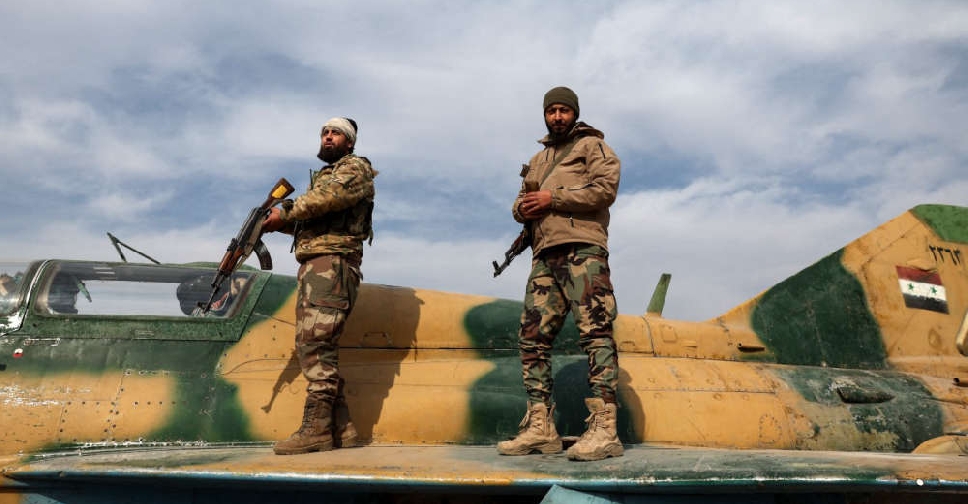
Syrian rebels said they seized control of the southern city of Daraa on Saturday, the birthplace of a 2011 uprising against President Bashar al-Assad and the fourth city his forces have lost in a week.
Rebel sources said the military agreed to make an orderly withdrawal from Daraa under a deal giving army officials safe passage to the capital Damascus, about 100 km (60 miles) north.
Social media videos showed rebels on motorcycles and others mingling with residents on the streets. People fired shots into the air at the city's main square in celebration, according to the videos.
There was no immediate comment from the military or Assad's government, and Reuters could not independently verify the rebels' claim.
With the fall of Daraa, Assad's forces have surrendered four important centres in a week.
Daraa, which had a population of more than 100,000 before the civil war began 13 years ago, holds symbolic importance as the cradle of the uprising. It is the capital of a province of about 1 million people, bordering Jordan.
Daraa's seizure followed the rebels' claim late on Friday that they had advanced to the edge of the central city of Homs, a key crossroads between the capital and the Mediterranean coast.
Capturing Homs would cut off Damascus from the coastal stronghold of Assad's minority Alawite sect, and from a naval base and air base of his Russian allies there.
"Our forces have liberated the last village on the outskirts of the city of Homs and are now on its walls," the Syrian faction leading the sweeping assault said on the Telegram messaging app.
A coalition of rebel factions that include the group Hayat Tahrir al-Sham (HTS) made a last call on forces loyal to Assad's government in Homs to defect.
Ahead of the rebel advance, thousands of people fled Homs towards the coastal regions of Latakia and Tartus, strongholds of the government, residents and witnesses said.
A US-backed alliance led by Syrian Kurdish fighters captured Deir el-Zor, the government's main foothold in the vast eastern desert, on Friday, three Syrian sources told Reuters.
The rebels seized Aleppo and Hama in the northwest and centre earlier in the lightning offensive that began on November 27.
In another ominous sign for Assad in the east, the Syrian Kurdish force said IS that imposed martial law under its harsh rule before its defeat by a US-led coalition in 2017 - had taken control of some areas in eastern Syria.
Aron Lund, a fellow at think-tank Century Foundation, said Assad's government was "fighting for their lives at this point".
It was possible the government could hold Homs, "but given the speed at which things have moved so far, I wouldn't count on it", he said on Friday.
Syrian state TV reported Russian-Syrian airstrikes targeting rebel headquarters in the countryside of Hama, Idlib and Aleppo killed at least 200 insurgents on Friday, citing the Russian Coordination Centre in Syria.
A Syrian army source said Iran-backed Hezbollah forces were positioned to bolster government defences in and near Homs.
Syrian state media reported dozens of rebels were killed in the Homs countryside on Friday in an operation by Syrian and Russian air forces, artillery, missiles and armoured vehicles.
As the rebels pressed their offensive, Russia and Jordan on Friday urged their nationals to leave Syria.
After years locked behind frozen front lines, rebel forces have burst out of their northwestern Idlib bastion to achieve the swiftest battlefield advance by either side since a street uprising against Assad mushroomed into civil war 13 years ago.
Syria's conflict killed more than 305,000 people between 2011 and 2021, the United Nations Human Rights Office said in 2022.
Assad regained control of most of Syria after key allies - Russia, Iran and Lebanon's Hezbollah - came to his rescue. But all have recently been weakened and diverted by other crises, giving his opponents a window to fight back.
Tehran, which has been focussed on tensions with Israel since the Gaza war began last year, began to evacuate its military officials and personnel from Syria on Friday, a sign of Iran's inability to keep Assad in power, the New York Times reported, citing regional officials and three Iranian officials.
The head of the main rebel faction HTS, Abu Mohammed Al-Golani, vowed in a separate interview with the New York Times published on Friday that the insurgents could end Assad's rule.
"This operation broke the enemy," he said of the rebels’ lightning offensive.



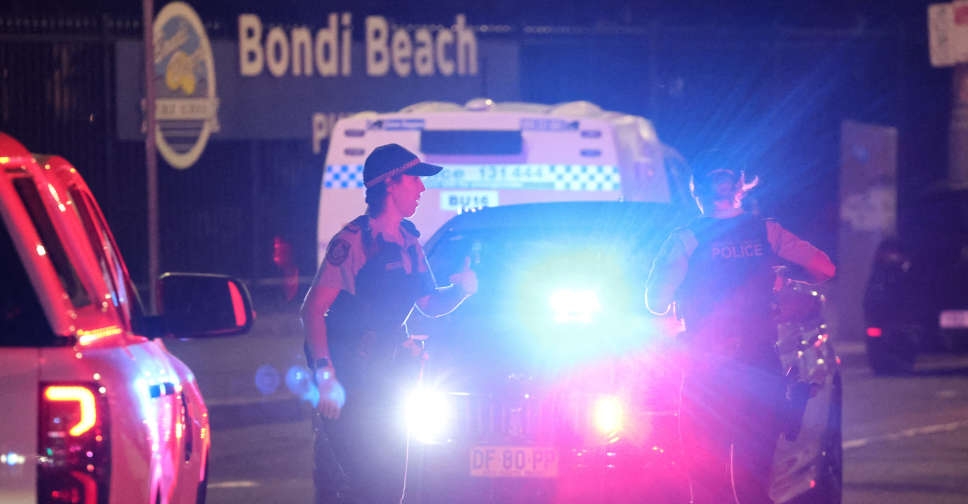 Shooting at Australia's Bondi Beach kills 12
Shooting at Australia's Bondi Beach kills 12
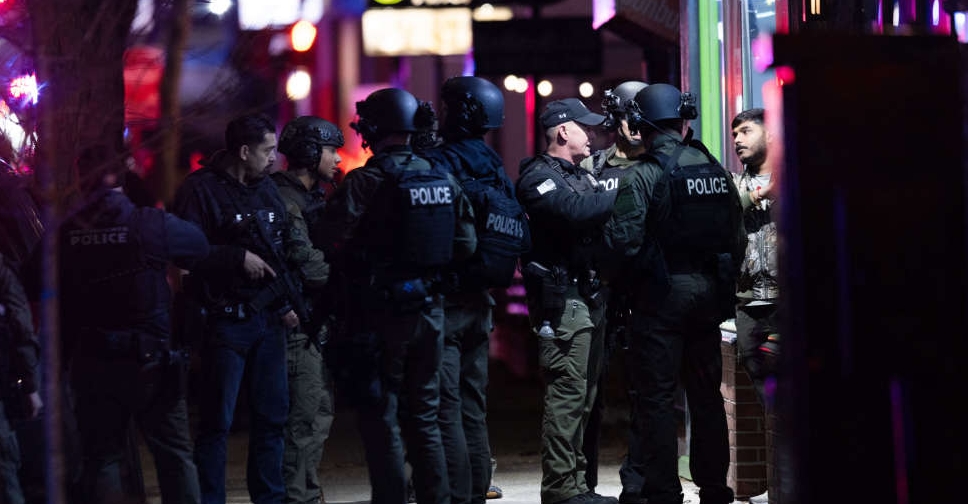 Police hold person of interest after Brown University shooting leaves two dead
Police hold person of interest after Brown University shooting leaves two dead
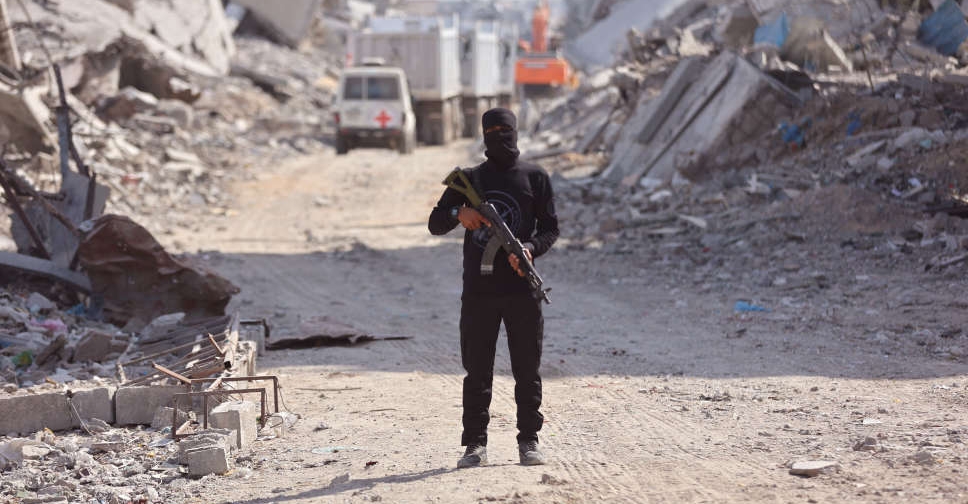 Hamas says Israel's killing of senior commander threatens ceasefire
Hamas says Israel's killing of senior commander threatens ceasefire
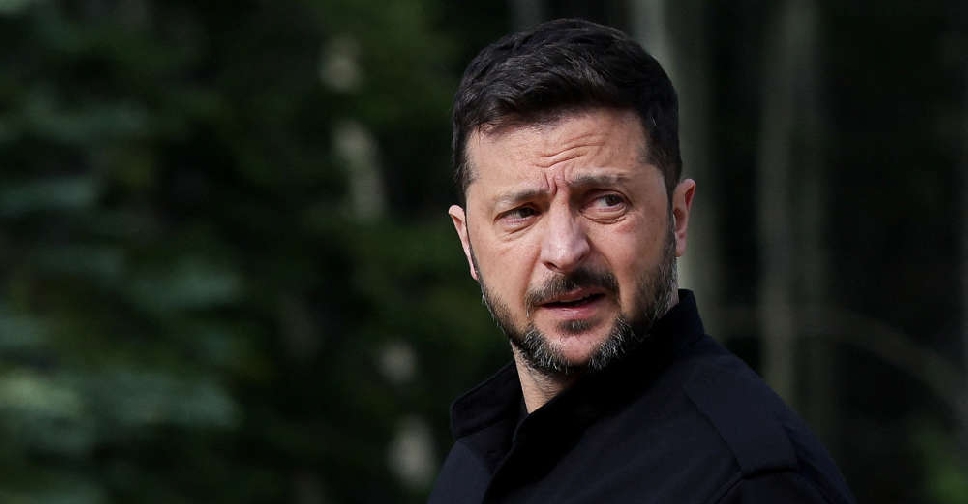 Ukraine's Zelenskyy ditches NATO ambition ahead of peace talks
Ukraine's Zelenskyy ditches NATO ambition ahead of peace talks


